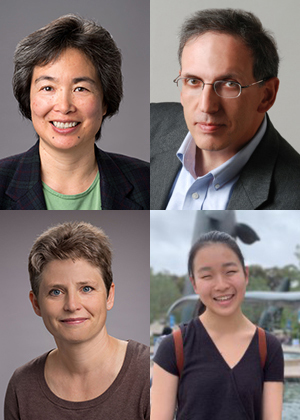2022 Diversity in Tech Symposium: Advancing Climate Resilience – March 10-11th

A number of EECS faculty and students are slated to participate in the 2022 Diversity in Tech Symposium, which will be held virtually on March 10 & 11. This year’s theme is “Advancing Climate Resilience.” EECS Prof. Tsu-Jae King Liu, dean of Berkeley Engineering, will warm up the audience with a fireside chat on the symposium’s topic; EECS Prof. Costas Spanos, director of the CITRIS and Banatao Institute, will welcome participants to the second day of the event; Adjunct Prof. Sascha von Meier will participate in the UC Berkeley-hosted panel Getting to zero: Trends in the built environment; and senior EECS major Katherine Shu will represent WiCSE in a presentation on the Career Fair. The symposium is open to the public and anyone interested in climate innovation and action, and the advancement of women and underrepresented communities working in technology fields, is encouraged to attend.